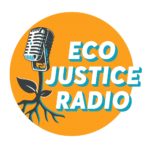

Subscribe to EcoJustice Radio:
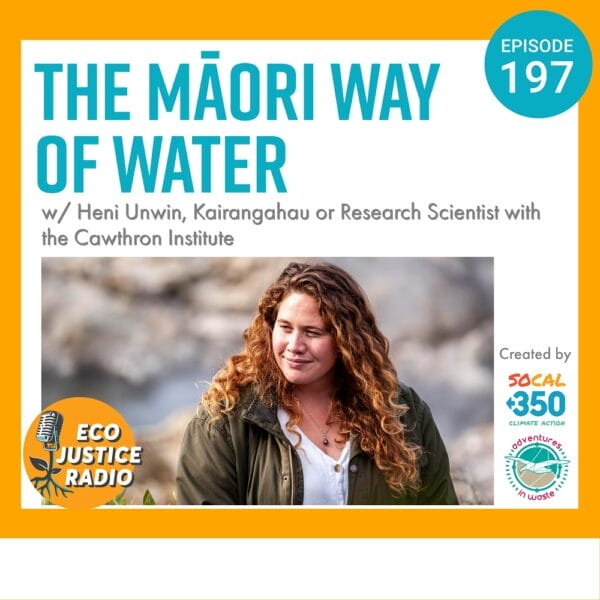
Merging Science and Spirit: The Maori Way
Humanity has a primordial connection to water. For Indigenous peoples, such as the Maori, Water is an Ancestor, a living entity to be communed with, revered and treated with sacred reciprocity. We owe our lives to the oceans, rivers, lakes and streams of the world. And although marine ecosystems have often been viewed and studied through the abstract lens of economics or science, today, traditional Indigenous knowledge and cultural relationships with marine life and water in all its forms, are at the forefront of a new weaving that blends the ancestral past with the present.
According to Maori cosmology, nature is an ancestor and people are connected to it through whakapapa, or genealogical relationships. The Maori ontology — the nature of being — is circular and reciprocal, which means that they see humans as inseparable from nature and the cosmos. Thus, they are working to counteract the Western “Enlightenment” view, which sees humans as separate and dominant over nature.
There is a growing wish to restore traditional concepts of marine and aquatic cultivation and care, to address climate change, microplastics, health of marine life, contaminants, and aquaculture. If water is an ancestor, what is our obligation to it? How do we restore a harmonious relationship with water, that supports future generations of life, and preserves the lifeways and worldviews of Indigenous peoples? What do the waters of the world ask of us? Should stewardship of marine ecosystems be led by Indigenous Peoples? What might we learn from the Maori, expert navigators of the waters, who have long held that their relationship to the land and waters is sacred. To them: Nature is everything. In this episode, join Heni Unwin, Kairangahau or Research Scientist with the Cawthron Institute, in pondering these questions from her diverse perspectives as a Maori descendant and marine scientist.
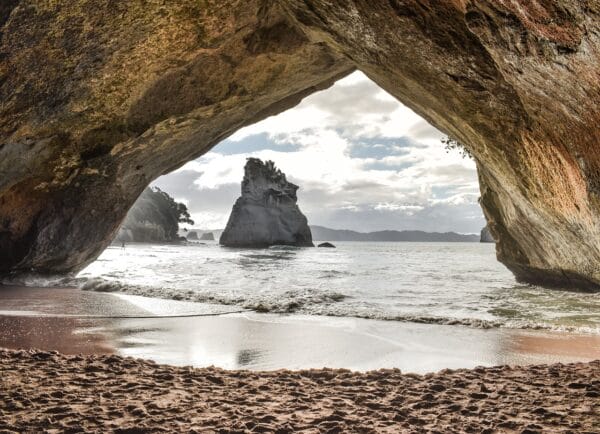
Interview Excerpt
Heni Unwin: When we introduce ourselves, we say the mountain that we connect to, because it is the fakarudiho, the shelter that calls our EWI home, we say our hour that we connect to our river because it is the life form that has given us life from past, present, and it will be our future. And we are nothing without these things.
And so within my role and within my work, the way that I contribute to, I suppose, my Maori side and my science side, even though it’s not separate in my mind, you have to sort of talk about it in these ways is to ask people about their connections and their why behind why they’re doing things.
One of the reasons why I got into this space even before I went to Darutonga was I was born at my home in Christchurch, not at the hospital. And my home was right next to the river that was against a wetland, listening to the ocean. So I feel like I’ve always been a water baby and always been immersed in water. And then I suppose my curiosity came and my science high school came when I went to Ratonga because I went there, went snorkeling and was like, what the hell is this? Why is it this in New Zealand? Where is all of these how is this here? What are yeah, it was completely different. Know everything that I’ve seen, everything that I grew up in, everything that I had known. So, yeah, that’s sort of where the curiosity began and the journey sort of began. So, yeah. how you try and create those connections, but also figuring out your why is very good place to begin.
For an extended interview and other benefits, become an EcoJustice Radio patron at https://www.patreon.com/ecojusticeradio
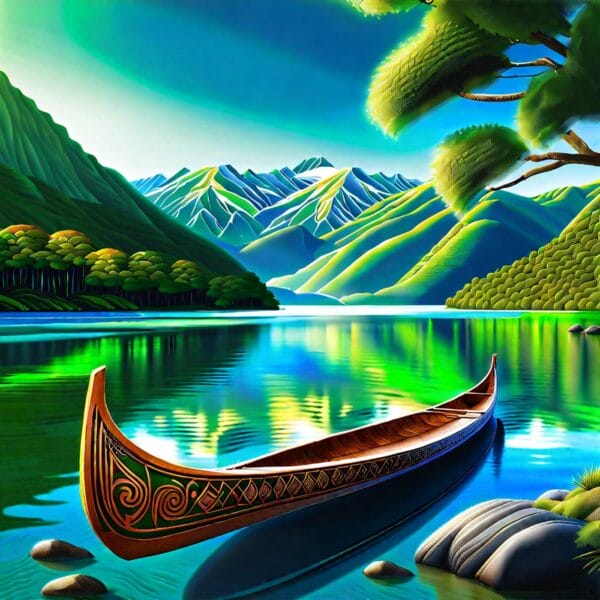
RELATED SHOW: https://wilderutopia.com/international/oceans/ecojustice-radio-waste-colonization-and-plastic-pollution-episode-19/
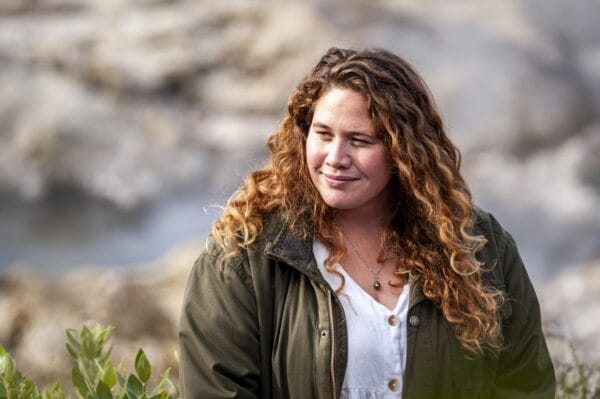
Carry Kim, Co-Host of EcoJustice Radio. An advocate for ecosystem restoration, Indigenous lifeways, and a new humanity born of connection and compassion, she is a long-time volunteer for SoCal350, member of Ecosystem Restoration Camps, and a co-founder of the Soil Sponge Collective, a grassroots community organization dedicated to big and small scale regeneration of Mother Earth.
Podcast Website: http://ecojusticeradio.org/
Podcast Blog: https://www.wilderutopia.com/category/ecojustice-radio/
Support the Podcast: Patreon https://www.patreon.com/ecojusticeradio
PayPal https://www.paypal.com/donate/?hosted_button_id=LBGXTRM292TFC&source=url
Executive Producer and Intro: Jack Eidt
Hosted by Carry Kim
Engineer and Original Music: Blake Quake Beats
Episode 197
Photo credit: Heni Unwin
Published 13 November 2023 Updated 8 August 2024

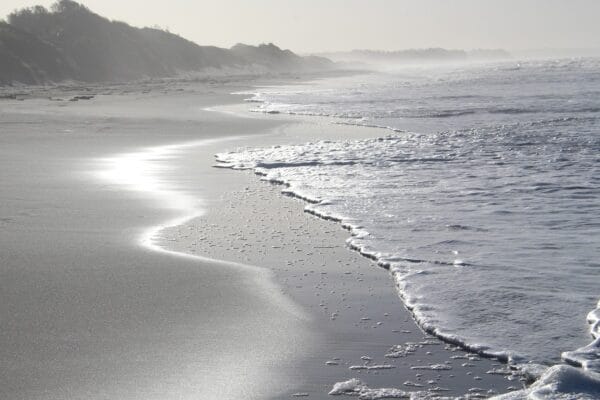




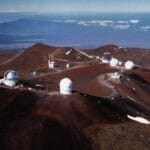
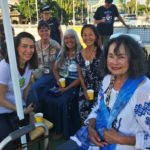
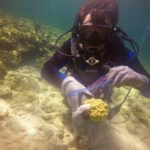
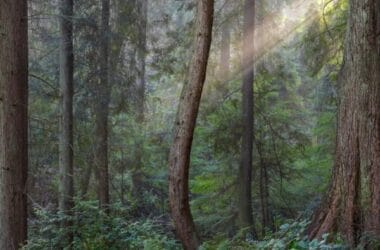
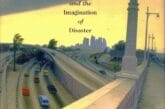




Pingback: Indigenous Revitalization: The Land Back Movement - WilderUtopia